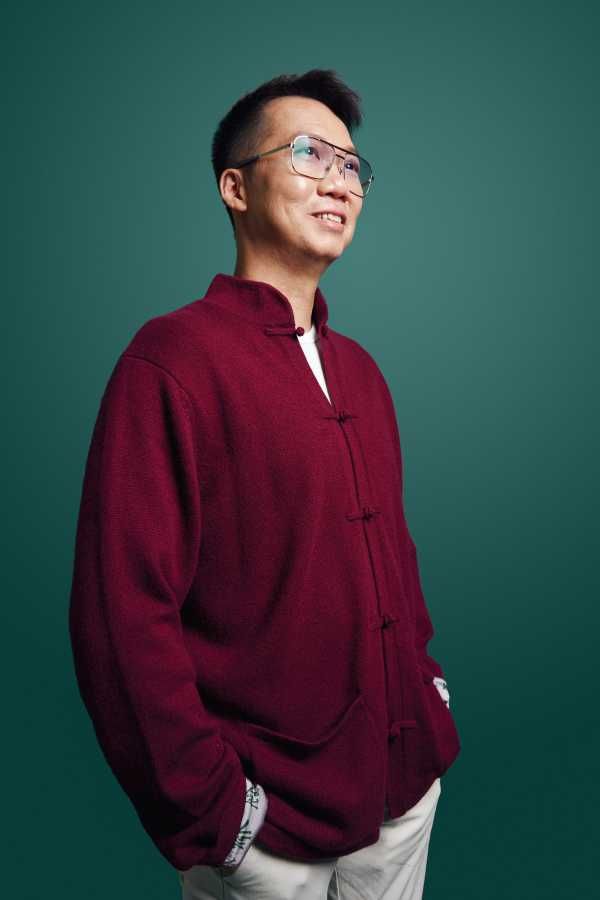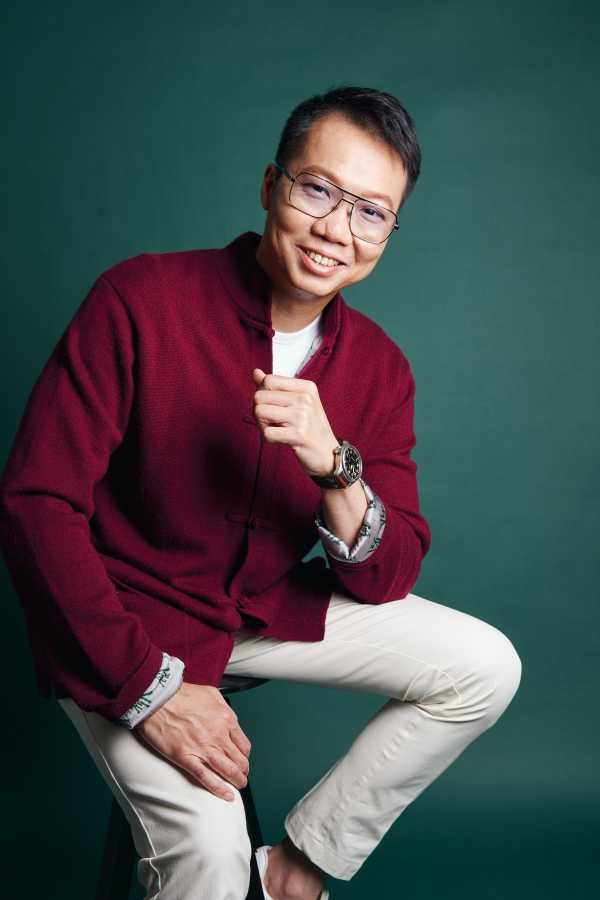To welcome the Year of the Water Tiger, Tatler sits down with the world-renowned expert to chat about his journey to mastery and all things Chinese Metaphysics
They say that when Dato' Joey Yap speaks, people listen. It's true. Not many people can command the attention of thousands or say they are the bestselling author of 182 books (and counting) published in seven different languages worldwide–except Yap. It’s a superpower on a whole new level.
Founder of the Mastery Academy of Chinese Metaphysics and Chief Consultant of the Joey Yap Consulting Group, the 45-year-old is a household name for all things feng shui (which means wind water in Chinese), an ancient Chinese traditional practice which uses energy forces to harmonise individuals with their surrounding environment.
Read more: Chinese New Year 2022: The 12 Animal Signs Forecast for the Year of the Water Tiger
Aside from the occasional anime-watching, travelling the world, and snowboarding, the respected consultant and teacher spends most of his time imparting the principles of feng shui in large-scale seminars and intimate workshops, as well as playing a one-on-one advisory role to his clientele. He also seeks to debunk the myths surrounding the man behind his name and educating others about his field of study.
What first attracted you to the idea of studying Chinese Metaphysics?
I think it’s a form of self-improvement. That’s why I went into this art in the first place. Back in the early '90s, it wasn’t called metaphysics and it was a mysterious subject that not many people talked about it. Over time, I coined the word metaphysics because it includes things like Neuro-linguistic programming (NLP), positive thinking, positive mindset—that’s what they use in the West—and psychology. This big subject also includes things like tarot and astrology, so I coined the term Chinese metaphysics because there are so many subjects involved such as feng shui, BaZi, and Yi Jing. It became a metaverse even before the word became popular!
See also: Everything You Need To Know About Asia’s Most Influential—The Definitive Directory of People To Know
Tell us about your journey to becoming a master of Chinese Metaphysics, from school to Joey Yap Consulting Group.
I think the word master or mastery is neverending. It’s a deep dive into any subject and anyone who deep dives into a subject, even if it’s watchmaking or any form of artistry, it’s a form of mastery. I’ve been interested in the subject since I was in school. People have problems and this is a solutions provider system, and people come to you because you may be able to offer insights that they otherwise don’t see.
Of course, there are psychologists who can do that and there are NLP practitioners who do that but in metaphysics, you’d look at the subject matter from a different perspective. You look at energy, the date of birth, where they live, and the space that they work in.
As a young teenager, I studied it on my own because there was a limited number of books. During university, I made a bit of money doing readings for people in Australia, so I saved up some money, went to Hong Kong, and did further study and research. I practised it on myself and my clients, and over time, the clientele built on its own. It has been 27 years since I practised this as an amateur.




